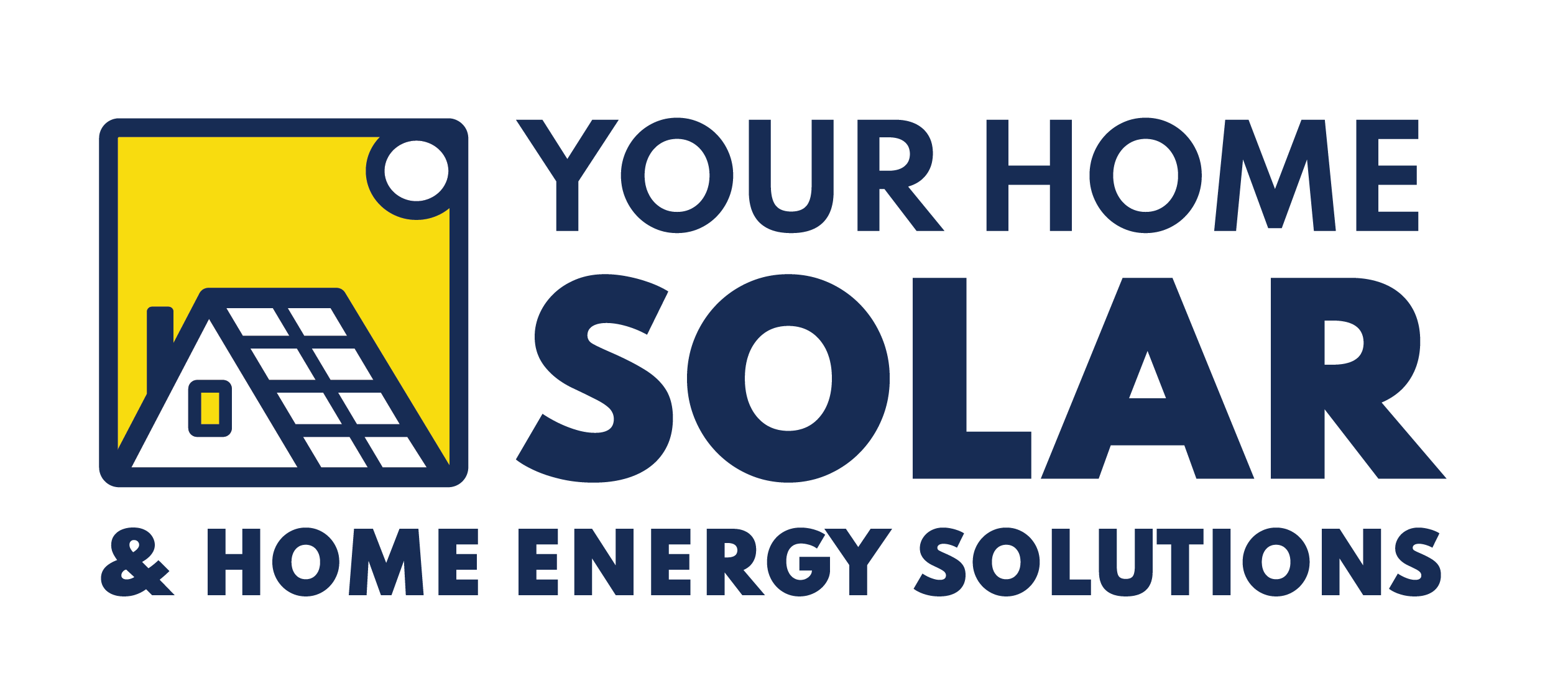Solar Inverters
The Role of Solar Inverters
Solar panels generate electricity in a form called direct current (DC). However, most homes and electrical grids operate on alternating current (AC). That’s where the solar inverter comes in. It’s the job of the solar inverter to convert DC power from your solar panels into AC power that your home appliances can use.
Furthermore, solar inverters also act as the control hub for your solar system. They monitor performance, ensure safety protocols are in place, and provide system statistics so you can measure the efficiency and productivity of your solar energy system.

Types of Solar Inverters
String Inverters: This is the most common type of inverter. In systems with string inverters, solar panels are connected in a series, or “string.” The DC electricity they produce is sent to one central inverter to be converted to AC.
Microinverters: In a system with microinverters, each solar panel has its own dedicated inverter. They convert DC to AC right at the panel, which can lead to increased efficiency, especially if some panels are shaded or face different directions.
Power Optimizers: Power optimizers are a sort of hybrid between string and microinverters. Each panel has a power optimizer which conditions the DC electricity, but then sends it to a central inverter for conversion to AC. This option can provide some of the efficiency benefits of microinverters, but at a lower cost.
Battery-Based Inverters or Hybrid Inverters: These inverters can draw power from and charge a battery bank, making them ideal for off-grid systems or grid-tied systems with battery backup.
Key Technical Specifications and Features of Solar Inverters:
How to Choose the Right Inverter for Your System
If your solar panel array is simple (for instance, all panels face the same direction and get similar sun exposure), a string inverter can be a cost-effective choice. For complex arrays (panels face different directions, or some get shaded), microinverters or power optimizers might be worth the extra investment for their increased efficiency.
Lastly, consider the inverter’s warranty. Since inverters are a critical part of your solar system, choosing one with a robust warranty can give you peace of mind for many years to come.
Remember, every home’s solar needs are unique.
At Your Home Solar, we’re here to guide you through the process and help you make the best choice for your individual situation. Reach out to us for a free solar inspection and estimate.
Empower Your Home with Solar Energy in East Tennessee!
Your Home Solar offers an incredible opportunity to empower your home with clean, renewable solar energy. Contact us today for a free consultation.
